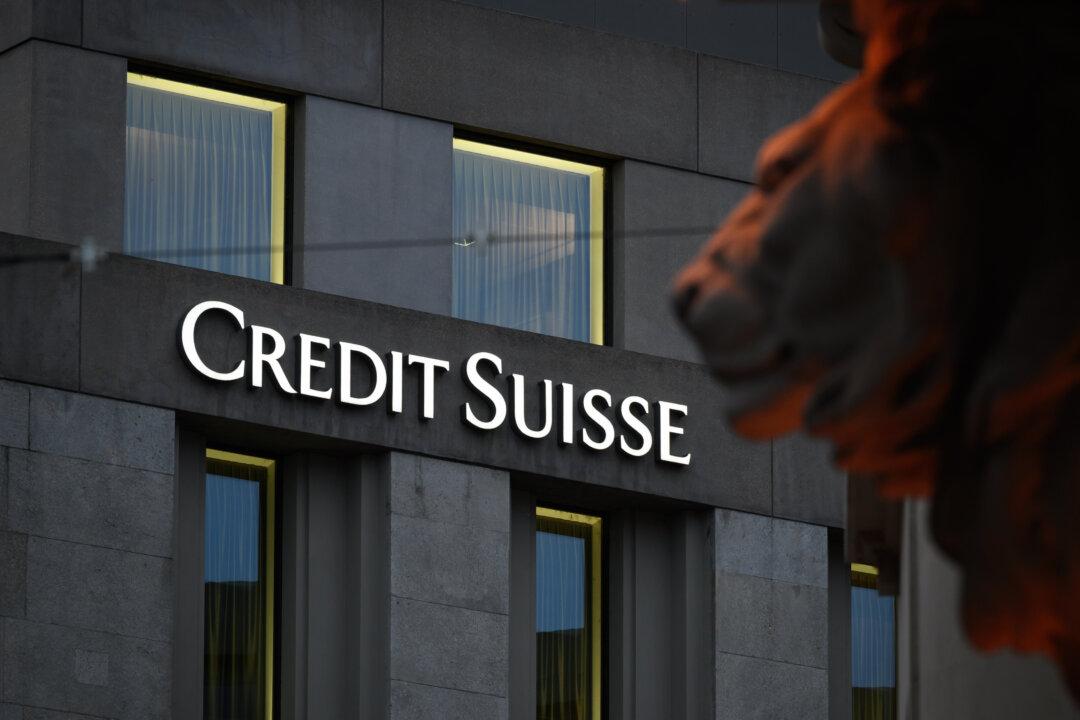Credit Suisse Group has denied allegations regarding its alleged business practices or lack of due diligence after leaked documents reportedly showed that the bank had catered to dozens of criminals, dictators, and sanctioned political actors.
The latest allegations center around allegedly leaked records identifying more than 18,000 accounts belonging to foreign customers who allegedly stashed their money at the Switzerland-based firm.




